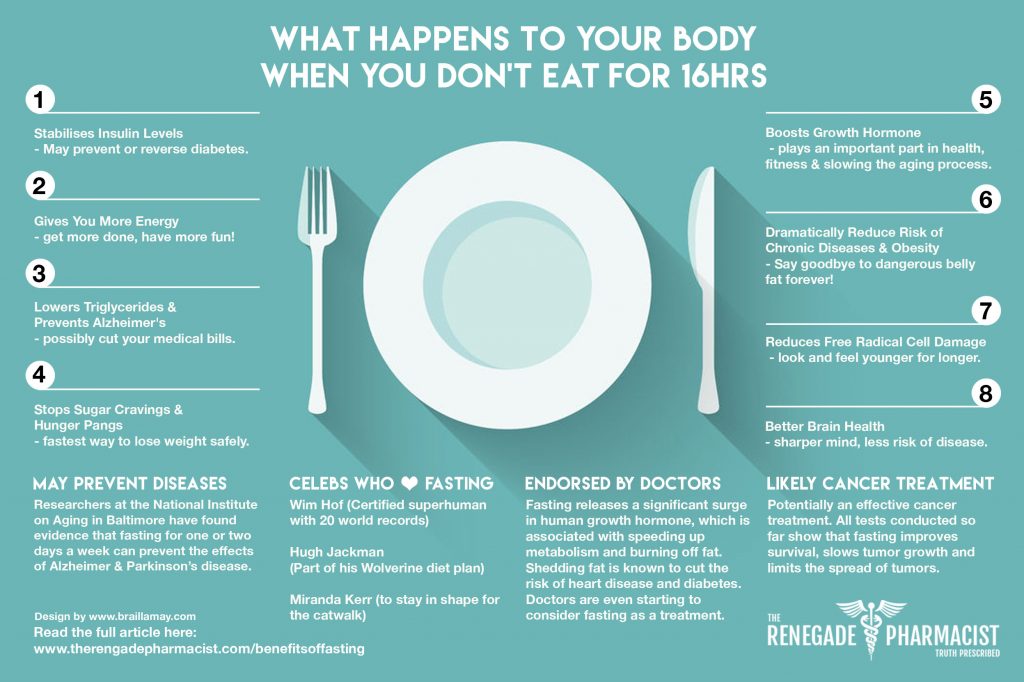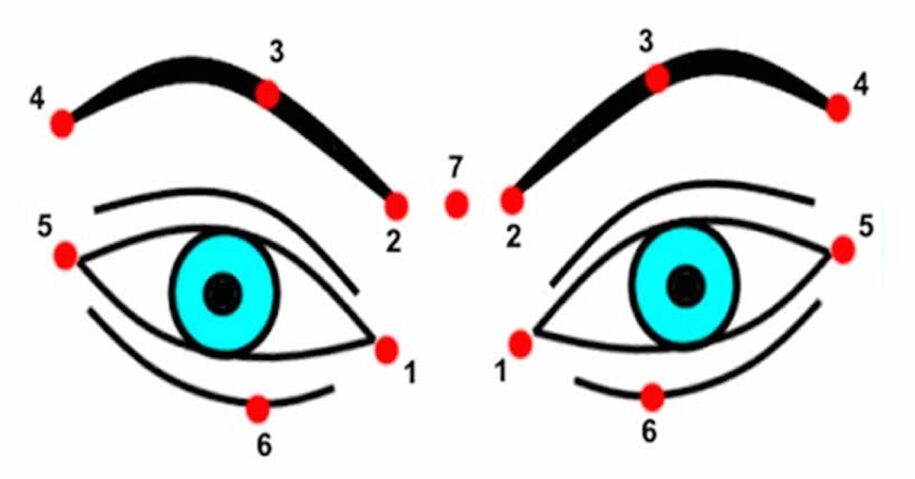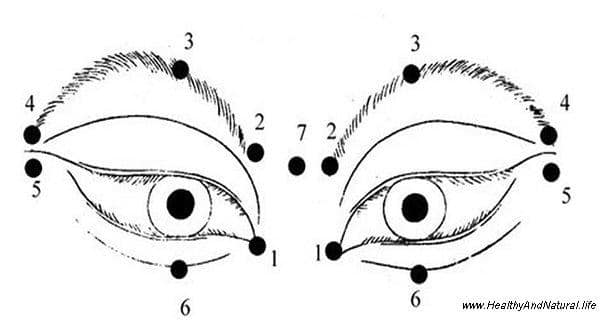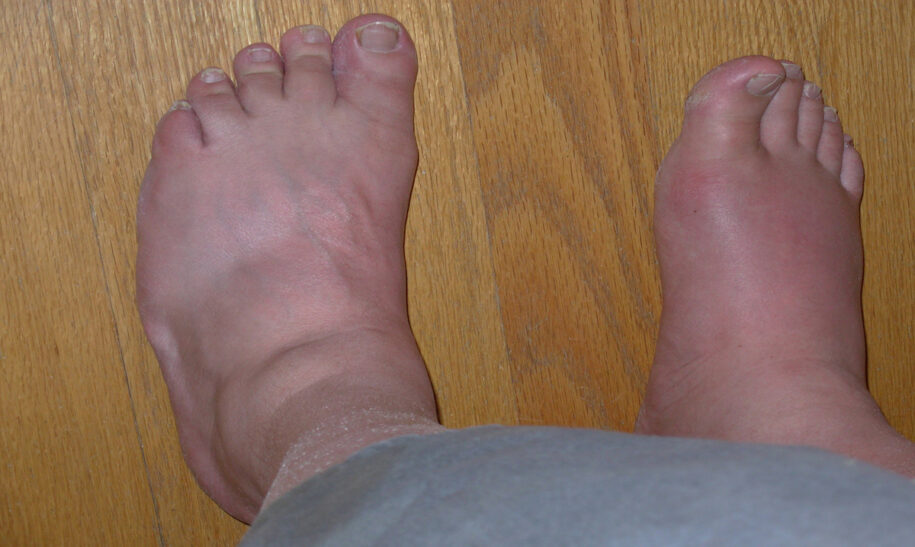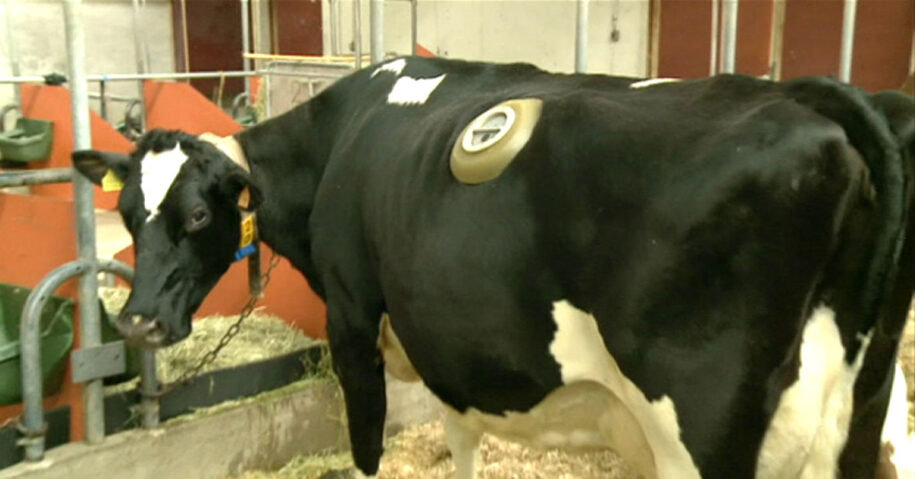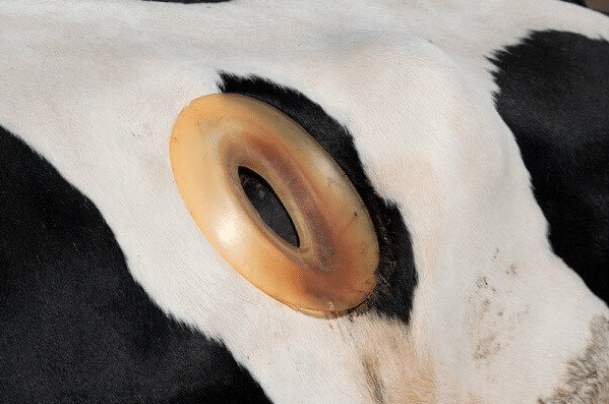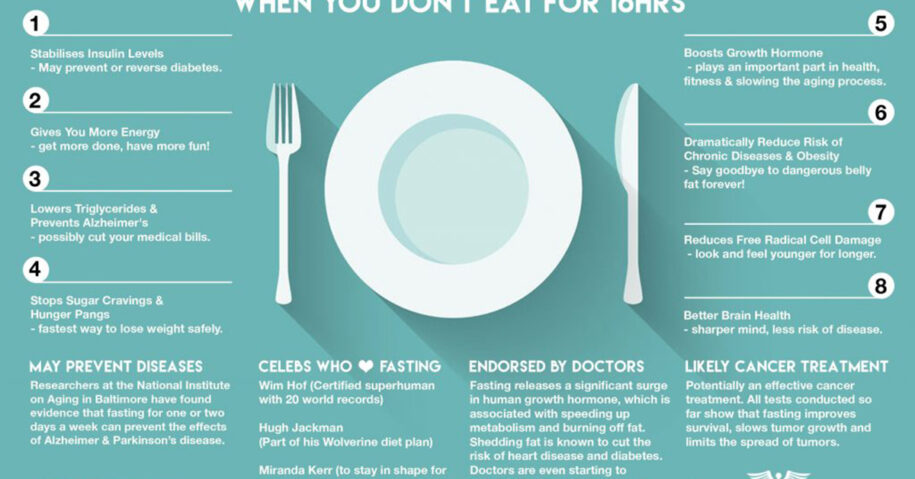
What Happens to Your Body When You Don’t Eat for 16 Hours (Infographic)
Intermittent fasting is a fairly common form of fasting in which you only eat in 7-8 hour windows. The following infographic was created by Niki Naik, and it outlines several of the many benefits that fasting can have on the body.
We have all been at that point in life when you agonize over eating the right food, the right amount of food and the right schedule. And, then you agonized over finding the perfect workout schedule to go with your eating habits to get the perfect mix. The time that you spend worrying took up a lot of energy and time, and then who even wants to work out after that?
I tried everything, and I do mean everything and believe me trying to work those mainstream diet plans around a vegan/vegetarian diet is not easy! I did it all, and nothing seemed to be working. Then there comes that point in time when you realize you are tired of planning every single bite of food, and not seeing the results that I expected to see!
Then I found Intermittent fasting, and my life, as well as my body, changed! People are in a constant food mode, people rarely seem to miss a meal nowadays. Our bodies begin to get used to burning sugar as the primary fuel method. Fasting helps to reboot your metabolism, training your body to burn fat as the primary fuel source, which in return helps to shed those unneeded fat cells! Once everything begins to improve, and you come to a normal and healthy body weight, you can eat more frequently, by then your body will be burning fat as fuel, the key to weight management!
Fasting has been shown to have a positive effect on insulin sensitivity, allowing you to cope with carbohydrates better than when you choose not to fast. Studies have shown that after periods of fasting, insulin becomes more effective in telling the cells to take glucose from the blood.
Fasting also decreases the accumulation of free radicals in the cell, preventing damage to cellular proteins, lipids, and nucleic acids associated with aging and disease. Fasting helps to up-regulate the expression of genes that increase the capacity to cope with stress and resist disease and aging.
